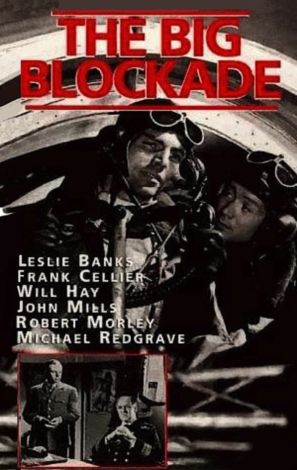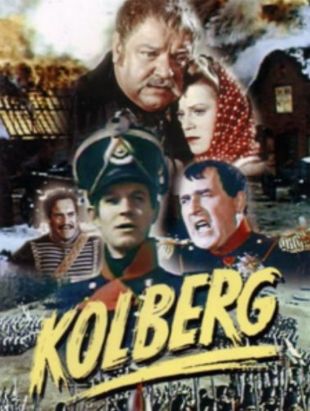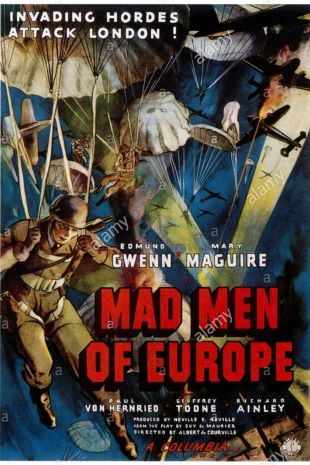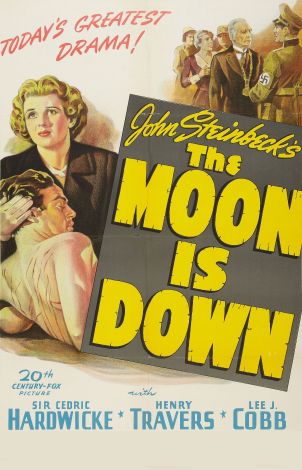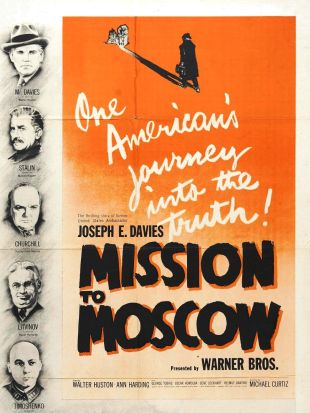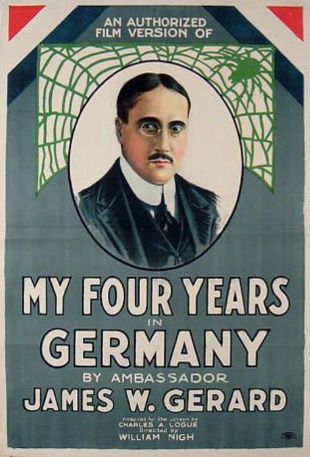
My Four Years in Germany (1918)
Directed by William Nigh
Genres - Drama, War |
Sub-Genres - Propaganda Film |
Release Date - Mar 10, 1918 (USA - Unknown), Mar 10, 1918 (USA) |
Run Time - 109 min. |
Countries - United States |
MPAA Rating - NR
Share on
Synopsis by Hal Erickson
Certainly the best-known of the out-and-out WWI propaganda films, My Four Years in Germany is also one of the silliest of the batch. The film was based on the book by James W. Gerard, who from 1913 to 1917 served as the American ambassador to Germany. Gerard, an avowed and somewhat rabid anti-German, also worked on the film; according to historian Kevin Brownlow, the former ambassador helped director William Nigh locate the actors who most closely resembled their real-life German counterparts (Gerard himself was played by Halbert Brown). Concentrating on the most extreme examples of German brutality -- the POW camps, the mass executions, the systematic humiliation of conquered countries -- the film "authenticated" its images by constantly flashing subtitles reading "FACT, NOT FICTION!" Not above resorting to caricature to make its points, the film depicts the Kaiser (Louis Dean) as a leering Devil Incarnate, and his General Staff as a collection of inbred morons. For example, Admiral Triplitz is seen playing with toy battleships, while Chancellor Von Bethmann-Holweig (played by Swedish actor Karl Dane, long before his prominence as a screen comedian) is likewise shown wasting his time in childish pursuits (Conversely, the enthusiastic bayonetting of half a dozen "Huns" by an American soldier, a scene that cannot be watched today without wincing, was treated as perfectly normal behavior!) While the atrocities of WWI were quite real, however, the re-creation of those outrages in My Four Years in Germany were purely the product of the filmmakers' imaginations, notably the scene in which German doctors blithely permit a group of POWs to die of typhus and even help spread the disease. The finished film proved so shocking that Major Metellus Lucullus Cicero Funkhouser, Chicago's official police censor, ordered that several of the more lurid scenes be removed. George Creel, chairman of the U.S. Government Committee of Public Information (popularly known as the Creel Committee), counterdemanded that Funkhouser be asked to resign, stopping just short of calling the Chicago-based censor a "pro-German." As it happened, Funkhouser was eventually removed from office for unrelated reasons (neither he nor Creel were precisely selfless saints), and his replacement, William Ludhardt, restored My Four Years in Germany to its original length. It is this restored version, running well over two hours, that survives today, an often ludicrous but undeniably powerful document of the prevailing national sentiments during the "War to End All Wars."
Characteristics
Keywords
ambassador [political], chauvinist, Germany
